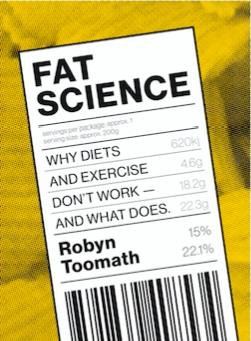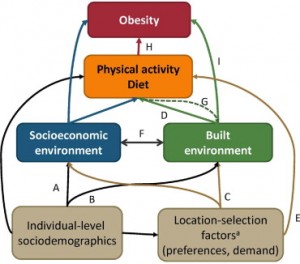Prof Nick Wilson, Dr Cristina Cleghorn, Dr Linda Cobiac, Dr Anja Mizdrak, Prof Cliona Ni Mhurchu, Prof Tony Blakely
In this blog we consider recent literature (particularly reviews) on the effectiveness and cost-effectiveness of dietary counselling as a health intervention. Most studies suggest that dietary counselling is effective though the benefits are typically modest and short-term. The literature on cost-effectiveness is mixed, and there is substantial uncertainty about long-run cost-effectiveness given the typically short-term trials involved. Addressing the obesogenic environment will have potentially (much) larger gains, and due to substantial reductions in obesity-related disease it is likely to be cost-saving. However, governments, policy-makers and the public are often interested in counselling interventions, necessitating close attention to cost-effectiveness of these interventions relative to more structural changes to the environment.



